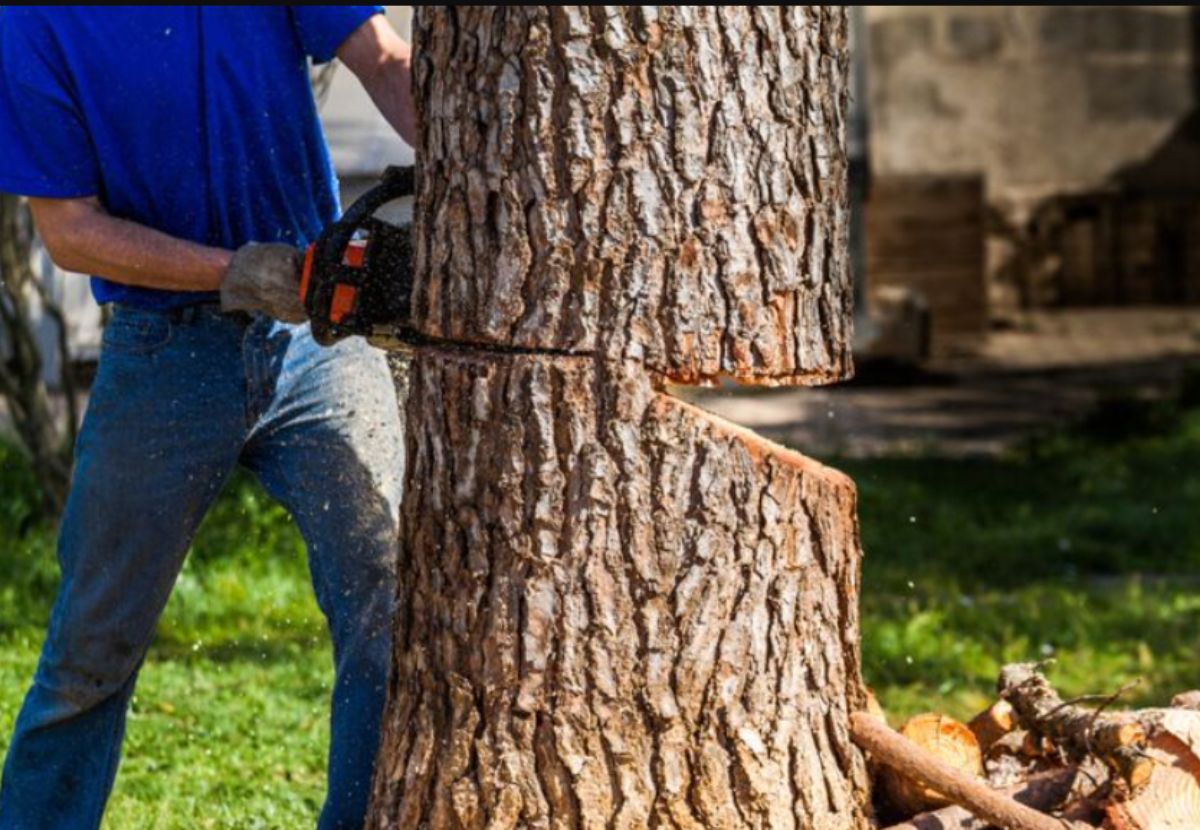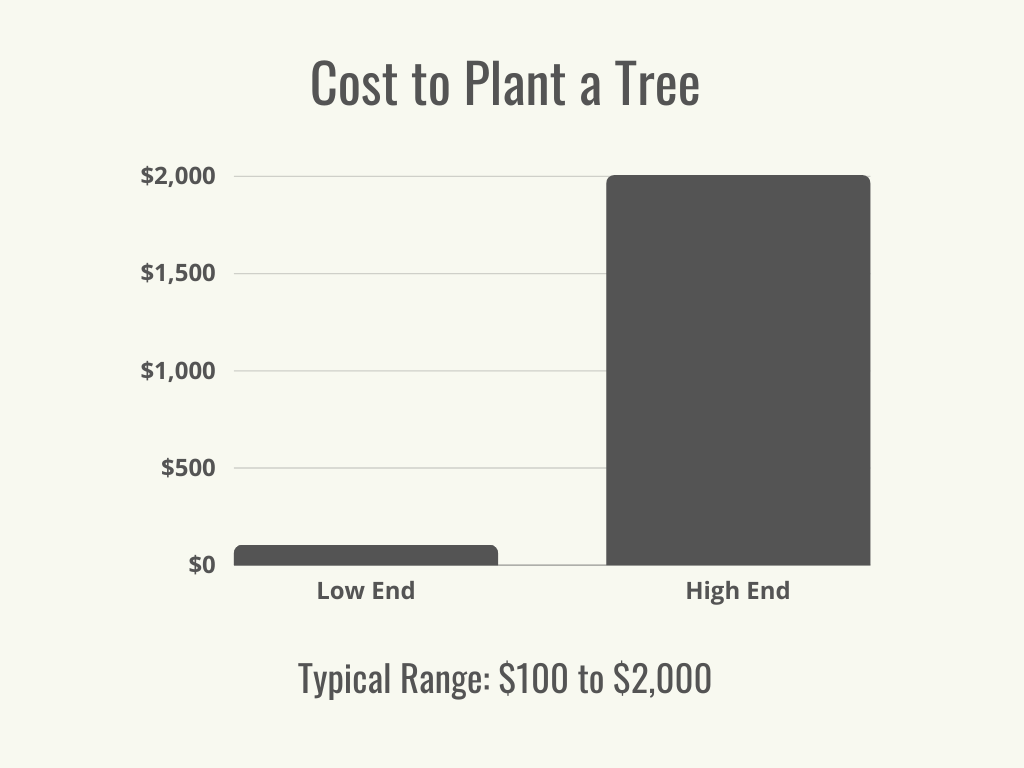Featured
Table of Contents
- – Avoiding Overpaying For An Tree Trimming In Ro...
- – Rogers, MN Arborist Payment Options
- – Business Tree Removal Pricing In Rogers, MN
- – Rogers, MN Tree Service Guarantee Costs: What...
- – Rogers, MN Stump Removal Price Estimator
- – What Determines Tree Cutting Pricing In Roger...
- – Rogers, MN Tree Cutting Reviews: Real Experie...
- – Rogers, MN Stump Grinding Rate Structure
- – Residential Tree Removal Costs In Rogers, MN
- – Commercial Stump Grinding Pricing In Rogers,...
- – Rogers, MN Tree Cutting Cost Structure
- – Why Hire A Tree Clearing In Rogers, MN
- – Reasonable Arborist Costs In Rogers, MN
- – Fast Arborist Service Costs In Rogers, MN
- – Breaking Down Tree Service Costs In Rogers, MN

The subsections listed below provide more in-depth details about rates, including an average range for each. TypeAverage Elimination CostPineConiferPalmMagnoliaArborvitaeAshCedarSweet GumEucalyptusSycamoreCypressOakMaplePoplar You can anticipate to pay between to eliminate a pine, depending upon its size. Eliminating a pine is among the more affordable tasks unless it is one that has been around for several years and is rather large.
Avoiding Overpaying For An Tree Trimming In Rogers, MN
Pines also have a tap root that grows deep into the soil, which can show to be harder to get rid of. The process itself includes a specialist cutting the tree, clearing the base, cutting the surface roots, removing the stump, and finally treating the soil. Without a professional hand, you risk leaving pine seedlings behind, which will fall from the roots of distressed pines.
Rogers, MN Arborist Payment Options
The U.S. national average for conifer elimination is roughly to have the conifer lowered, carried away, and the stump ground or gotten rid of totally. Conifers are usually easier to eliminate, and although they can grow rather high, they do not cost a fortune to get rid of. Conifers include pine, spruce, fir, and juniper trees.
Business Tree Removal Pricing In Rogers, MN
While conifers are stunning, they kill native plants and specific kinds of lawn. This is since they need a great deal of water and nutrients to make it through, so they leach it off surrounding plants. They likewise have an extensive network of roots, which can impact your home's structure. The average cost of palm removal depends on the height as much as the type, varying from.
Rogers, MN Tree Service Guarantee Costs: What's Included
That is why it is very important to understand which type you are removing. While you do not need an herbicide to eliminate a palm tree, there are some steps your removal specialist will have to take to guarantee the job is done properly. There are 2 ways they can eliminate them: by chopping them down or digging them up.
Rogers, MN Stump Removal Price Estimator
From there, they eliminate the actual tree and then the stump. Anticipate to pay between to eliminate this type of tree, depending on the specific size and information of the task.
What Determines Tree Cutting Pricing In Rogers, MN
There are 3 types: green, white, and black ash. White ash is known for its many colors. With its gray-tinged bark, its leaves are green or purple in the spring and golden yellow or purplish-red in the fall. They delight in moderate environments and lots of sun. The green ash is named such due to its green or yellow foliage.
Rogers, MN Tree Cutting Reviews: Real Experiences

Due to the variation in height, the elimination cost variance is broad from. A coniferous, evergreen tree, the cedar is a hardy species.
Rogers, MN Stump Grinding Rate Structure
The growth of incorrect cedars varies from 50 feet up to 230 feet high. With star-shaped leaves and spectacular fall colors, the sweet gum is thought about a medium to big tree.
Residential Tree Removal Costs In Rogers, MN
It has a huge root base of 40 to 50 feet, which impacts the removal cost. Usually, it costs between to remove a eucalyptus. Eucalyptus are not typical everywhere, however they are quite large compared to others, which is why even the smaller ones are so expensive to eliminate. Originally from Australia, eucalyptus are invasive plants that grow in thick groves that get native plants.
Commercial Stump Grinding Pricing In Rogers, MN
There are a handful of ways to do this, including burning, pulling, grinding, or killing them with herbicide. Expect to pay between to remove sycamores, based on the height, trunk size, and quantity of work included. Sycamores are among the largest hardwood trees, generally varying from 60 to 100 feet tall and as wide as 15 feet.
Rogers, MN Tree Cutting Cost Structure
The first 2 steps will expose the insides of the tree and cut off the circulation of nutrients up the trunk. From there, an expert applies herbicide to eliminate the tree and cuts down the trunk.
Why Hire A Tree Clearing In Rogers, MN
There are several types of Cypress trees, however the most widespread are the Leyland, Arizona, Bald, and Italian. The Bald Cypress grows in swampy or extremely moist areas while the others delight in a dry, warm, or hot environment (tree service). They can grow as high as 80 to 100 feet tall
Reasonable Arborist Costs In Rogers, MN

Prone to illness, the Cypress is one of the most prized woods for furnishings. The typical oak grows to around 60 feet, and depending upon the intricacy of the removal, it costs approximately to get rid of. The exact size of your oak and the effort needed to fell it impact what you will really spend for removal in addition to any extra services like stump grinding.
Fast Arborist Service Costs In Rogers, MN
Access to the trees and the roots will also impact the overall expense. Maples are typically amongst the more costly trees to get rid of since of their size and the work included in the removal.
Breaking Down Tree Service Costs In Rogers, MN
Growing as high as 90 to 115 feet, these enormous timbers are mainly found in North America and include the aspen, cottonwood, and balsam trees. The procedure to eliminate trees involves all the cutting and cutting of the branches and trunk, bringing it down to a stump.
Table of Contents
- – Avoiding Overpaying For An Tree Trimming In Ro...
- – Rogers, MN Arborist Payment Options
- – Business Tree Removal Pricing In Rogers, MN
- – Rogers, MN Tree Service Guarantee Costs: What...
- – Rogers, MN Stump Removal Price Estimator
- – What Determines Tree Cutting Pricing In Roger...
- – Rogers, MN Tree Cutting Reviews: Real Experie...
- – Rogers, MN Stump Grinding Rate Structure
- – Residential Tree Removal Costs In Rogers, MN
- – Commercial Stump Grinding Pricing In Rogers,...
- – Rogers, MN Tree Cutting Cost Structure
- – Why Hire A Tree Clearing In Rogers, MN
- – Reasonable Arborist Costs In Rogers, MN
- – Fast Arborist Service Costs In Rogers, MN
- – Breaking Down Tree Service Costs In Rogers, MN
Latest Posts
What Impacts Tree Removal Costs In La Homa, TX
Automated Stump Removal Costs In Locust Grove, GA
Reliable Tree Service At Fair Prices In Portsmouth, OH
More
Latest Posts
What Impacts Tree Removal Costs In La Homa, TX
Automated Stump Removal Costs In Locust Grove, GA
Reliable Tree Service At Fair Prices In Portsmouth, OH